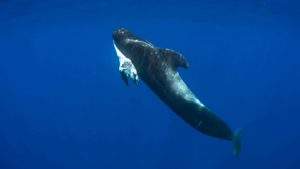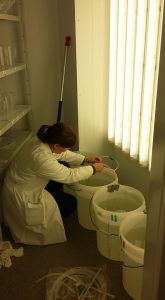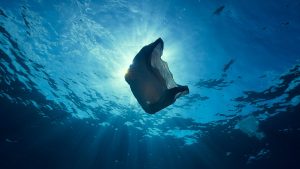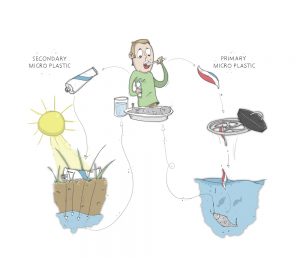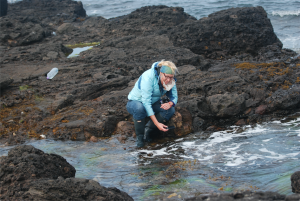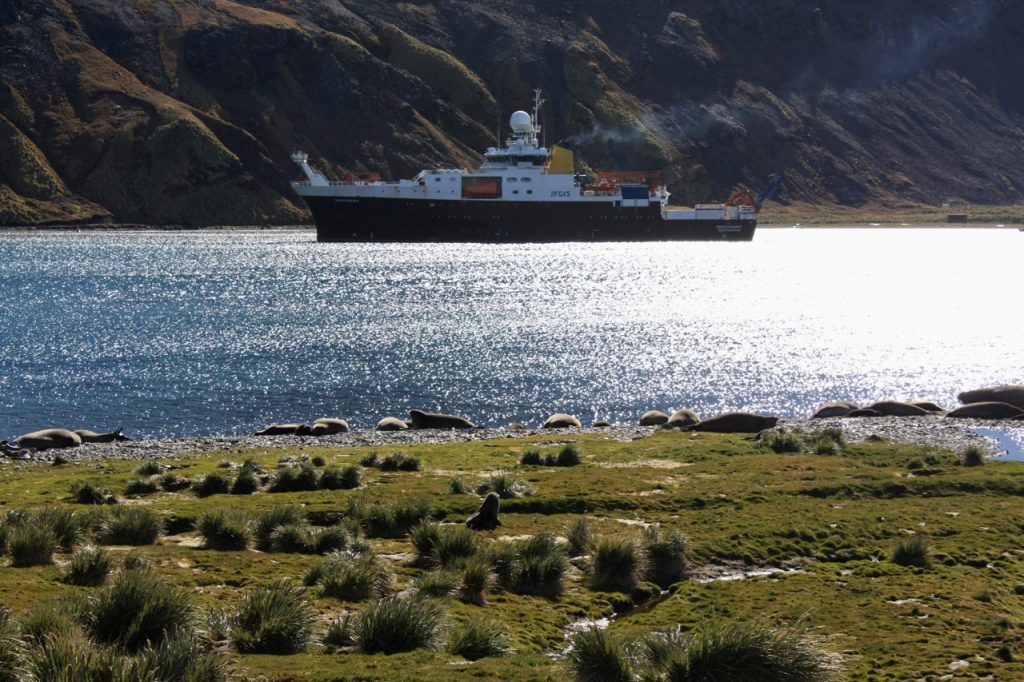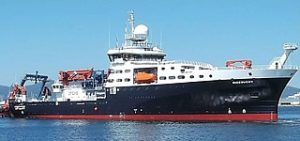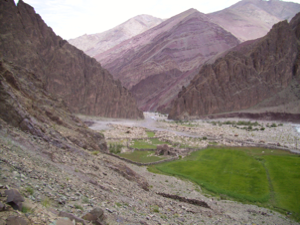
Guest Post: Libby Robinson – Climates of the past…what can they tell us about our future?
Have you ever thought about the implications of ocean anoxia in the past? Here to tell you more about the role anoxia has played in shaping the history of Earth is Libby Robinson.....
Hi, I’m Libby, a first year PhD student at NOC studying climates of the past, otherwise known as paleoclimates (paleo just meaning “very, very old” – and in this case, having nothing to do with the unprocessed, whole-food diet).
Continue reading →

